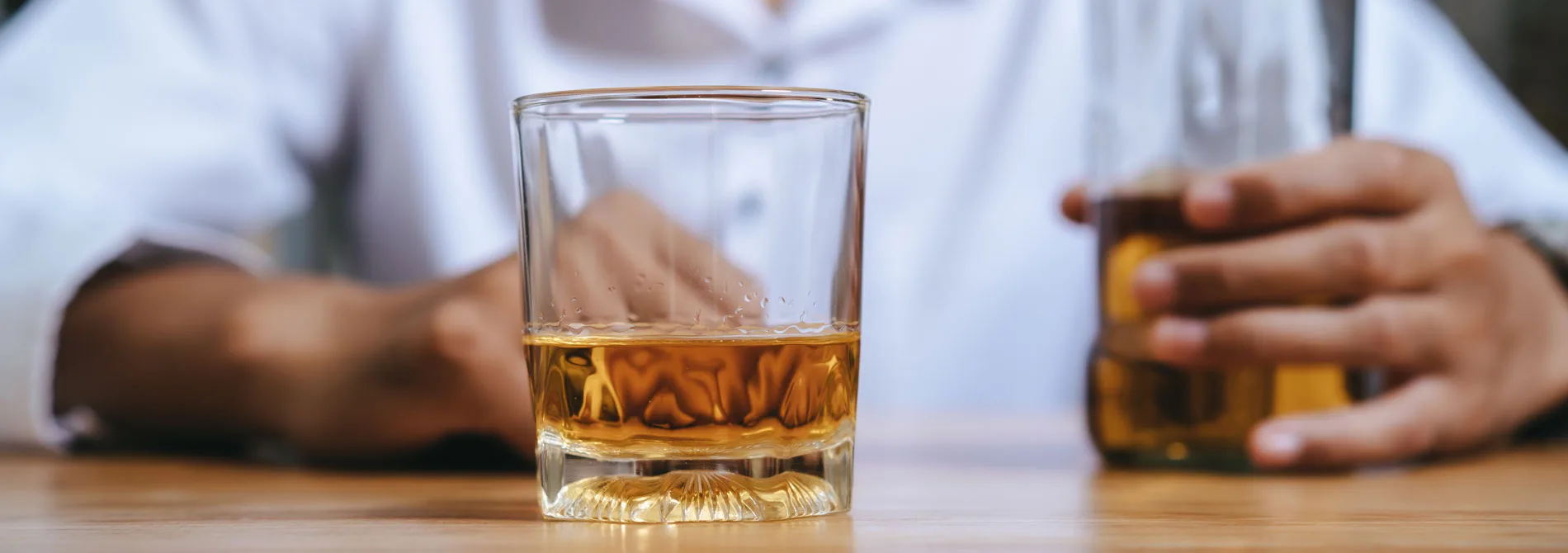The term “depressant” can be confusing, especially when it’s mistaken for the emotional state of depression. But in medical and clinical terms, a depressant refers to a substance that slows down brain activity and central nervous system function. So, is alcohol a depressant? One of the most widely used, and widely misunderstood, depressants is alcohol.
At Hanley Center, we believe in educating individuals and families about the real effects of alcohol, how it interacts with mental health, and what options are available for safe, effective treatment. Whether alcohol is being used socially, to cope with anxiety, or in combination with other depressants, understanding its impact is a vital step toward recovery.
What Is Alcohol—and Is Alcohol a Depressant?
Alcohol, or ethyl alcohol (ethanol), is the intoxicating ingredient in beer, wine, and spirits. It’s produced through fermentation and can be found in beverages ranging in potency:
Beer: 2–6% alcohol
Wine: 8–20% alcohol
Spirits (e.g., vodka, whiskey): 40–50% alcohol
While many associate drinking with increased sociability or energy, alcohol’s chemical makeup classifies it as a depressant, not a stimulant. This means it slows the transmission of messages between the brain and body, impairing cognitive and motor function.
What Happens to the Brain on Alcohol?
The effects of alcohol as a depressant can vary from mild to dangerous, depending on the amount consumed and individual factors like tolerance and mental health. Common signs of alcohol’s depressant effects include:
- Slurred speech
- Impaired coordination
- Slowed reaction time
- Reduced concentration and judgment
- Emotional volatility or mood swings
While initial drinks may feel stimulating or relaxing, as consumption increases, alcohol suppresses brain activity, lowering inhibitions and altering decision-making. This is often where risk-taking behavior and dangerous situations occur.
Other Common Depressants
Alcohol is just one of many central nervous system depressants. Others include:
- Benzodiazepines (e.g., Xanax, Valium): Prescribed for anxiety or sleep disorders
- Barbiturates: Once common for sleep aid, now rarely prescribed due to high overdose risk
- Sleep medications: Like zolpidem (Ambien)
- Certain syrups or injectables used in a medical setting
Like alcohol, these substances slow brain function and can become dangerous when misused, especially in combination.
The Risks of Long-Term Depressant Use
Chronic use of depressants, including alcohol, can lead to physical and psychological dependence, as well as serious health complications:
- Tolerance, requiring more of the substance to feel the same effects
- Withdrawal symptoms when not drinking or using
- Cognitive impairment and memory issues
- Headaches, nausea, dizziness, and fatigue
- Increased risk of falls, injury, or accidents
- Worsening of mental health symptoms, including depression and anxiety
- Risk of overdose when mixed with other depressants
Heavy alcohol use may also lower blood pressure and reduce impulse control, leading to high-risk behavior or self-harm, especially for those with underlying mental health concerns.
When Depression and Alcohol Use Co-Occur
Alcohol’s depressant effect can be particularly harmful for individuals living with co-occurring mental health conditions, such as:
In many cases, alcohol is used to self-medicate, but this often worsens the symptoms it’s meant to relieve. That’s why dual diagnosis treatment—which addresses both the mental health disorder and the substance use disorder simultaneously—is critical for lasting recovery.
How Hanley Center Can Help
At Hanley Center, we specialize in treating individuals with substance use disorders complicated by mental health conditions through our comprehensive dual diagnosis programming. Our treatment includes:
- Medically supervised detoxification to safely manage withdrawal
- Integrated psychiatric and addiction care, tailored to individual needs
- Evidence-based therapies, including CBT, DBT, EMDR, and mindfulness
- Medication management when appropriate
- Individual, group, and family therapy
- Holistic wellness programs to support whole-person healing
The Importance of Continuing Care
Recovery doesn’t end after detox or residential treatment. At Hanley Center, we create a personalized continuing care plan that may include:
- Partial Hospitalization Program
- Intensive Outpatient Programming (IOP)
- Sober living options
- Outpatient therapy
- Recovery meetings and alumni support
Our goal is to empower each individual with the skills, resources, and support to maintain long-term sobriety and mental wellness.
Take the First Step Toward Recovery
If you or someone you love is struggling with alcohol use, especially in the context of depression, anxiety, or trauma, you’re not alone. At Hanley Center, our experienced professionals provide compassionate, evidence-based care to help you heal mind, spirit, and body.
Hanley Center is a well-known care provider offering a range of treatment programs targeting the recovery from substance use, mental health issues, and beyond. Our primary mission is to provide a clear path to a life of healing and restoration. We offer renowned clinical care for mental illnesses and have the compassion and professional expertise to guide you toward lasting wellness. For information on our programs, call us today: 561-841-1033.




